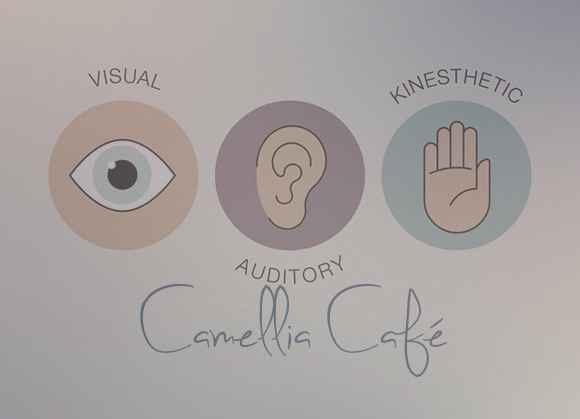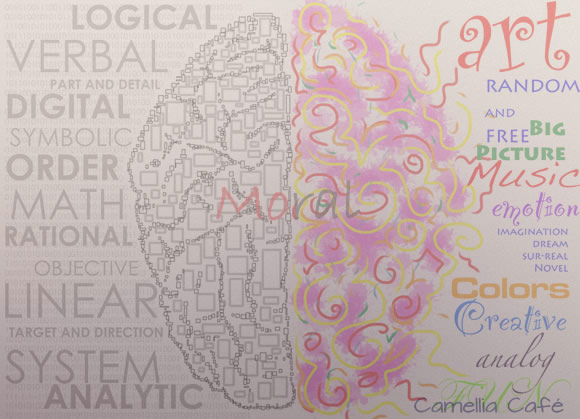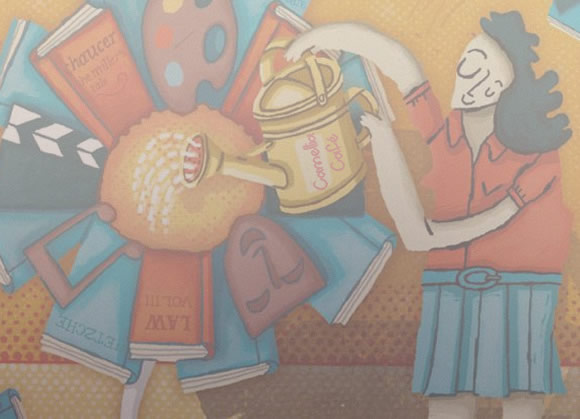Active Learning
Engaging students in activities, such as reading, writing, discussion and/or problem solving.
Engaging students in activities, such as reading, writing, discussion and/or problem solving.
Encouraging students to focus on the method they use to reach a solution rather than the solution itself.
When students are able to use incoming information to activate information already in their minds, the new information is more integrally linked to old information.
Address the distinct learning needs, interests, aspirations, or cultural backgrounds of individual students.
Students are organized into smaller groups and paired with a consistent team of teachers who get to know the students and their learning needs well. While the most common approaches are smaller learning communities, themed-based academies, or “schools-within-a-school”.
Eliminating the practice of grouping students into different academic “tracks” or tiered course levels based on their perceived ability or past academic performance.
Replacing more traditional homeroom periods or study halls with advisories—time in the school day for educators to meet with small groups of students and advise them on academic, social, and postsecondary-planning issues.

Learning Styles are simply different approaches of ways of learning:
+ Visual Learners
+ Auditory Learners
+ Tactile/Kinesthetic Learners

Multiple Intelligences are ten different ways to demonstrate intellectual ability:
Verbal/Linguistic,
Visual/Spatial,
Logical/Mathematical,
Bodily/Kinesthetic,
Musical/Rhythmic,
Interpersonal,
Intrapersonal,
Naturalistic,
Existential
and Moral.
Purpose of schooling should be to develop intelligences and to help people reach vocational and avocational goals that are appropriate to their particular spectrum of intelligences. People who are helped to do so, feel more engaged and competent and therefore more inclined to serve society in a constructive way.

Liberal Arts Education has its origin in the attempt to discover first principles – "those universal principles which are the condition of the possibility of the existence of anything and everything". The liberal arts are those subjects or skills that in classical antiquity were considered essential for a free person to know in order to take an active part in civic life.
Liberal Arts today can refer to academic subjects such as literature, philosophy, mathematics, and social and physical sciences; and Liberal Arts Education can refer to overall studies in a liberal arts degree program. For both interpretations, the term generally refers to matters not relating to the professional, vocational, or technical curriculum.
Education across the world are grappling with the challenge of preparing students for the rapid changes they will experience during their lifetimes.
To this end, teachers and parents have a critical role in equipping students with the requisite skills and competencies that will be in demand, particularly as digital technologies such as Artificial Intelligence increasingly transform businesses and influence economies.